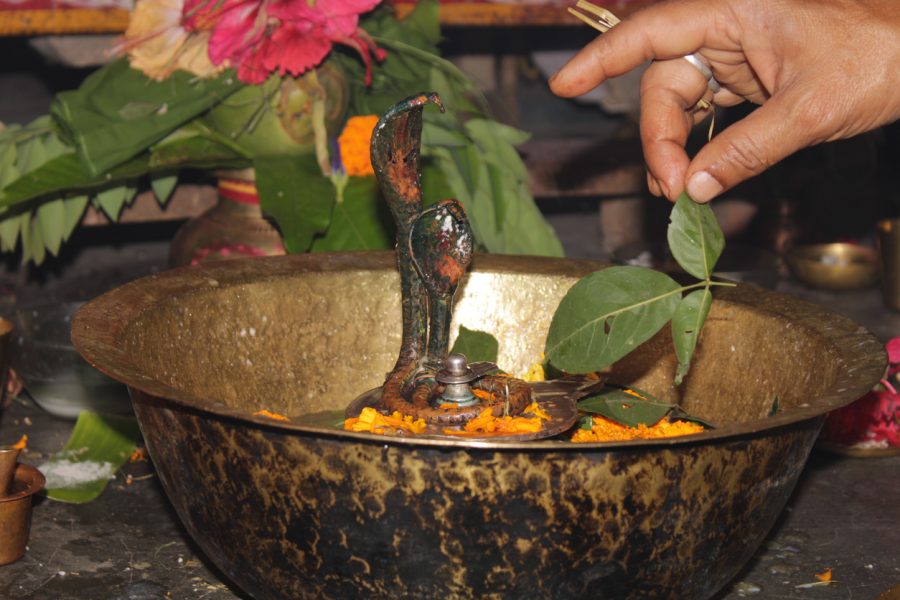
Holy month of Shravan begins on July 14; why is it auspicious?

The holy month of Shravan or Sawan would begin on July 14, as it is said to start after the full moon of Ashadha month – a phenomenon that is slated for July 13. The month will end on August 12.
Shravan, the fifth month in the Hindu calendar, is considered auspicious by Hindus for being associated with Lord Shiva.
In the course of the month, devotees observe fast every Monday, in what is known as Shravan Somwar or Sawan Somwar. Many devotees also keep a fast for 16 Mondays, known as Solah Somwar, from the first Monday of the month.
Also read: Amarnath Yatra begins after three-year gap
All Tuesdays of the month are dedicated to Goddess Parvati, known as the Mangala Gauri vrat.
The month of Shravan is also considered auspicious from the astrological point of view and is deemed the best time to perform ceremonies.
Why the name Shravan?
The month is named Shravan as the ‘Shravan Nakshatra’ is said to be ruling the skies during this month.
Why is the month deemed auspicious?
Legends say that the ‘Sagar Manthan’ or the churning of the ocean, an important event in Hindu mythology, which took place in the Gods’ quest of ‘amrit’ (nectar) happened in the month of Shravan.
The churning culminated in the emergence of 14 gems which were divided between the gods and the demons, barring one which was the ‘Halahal’ (poison). It was Lord Shiva who came to the rescue of the world and drank the poison, keeping it in his throat, and earning the moniker of Neetkanth (one with a blue throat).
It is said that under the effect of the poison, Lord Shiva put a crescent moon on his head, and the gods started pouring water on his head from the Ganges to reduce the effect of the poison.
This why devotees during the month of Shravan, travel on foot to Shiva temples in various corners of the country to pour water on Lord Shiva.


